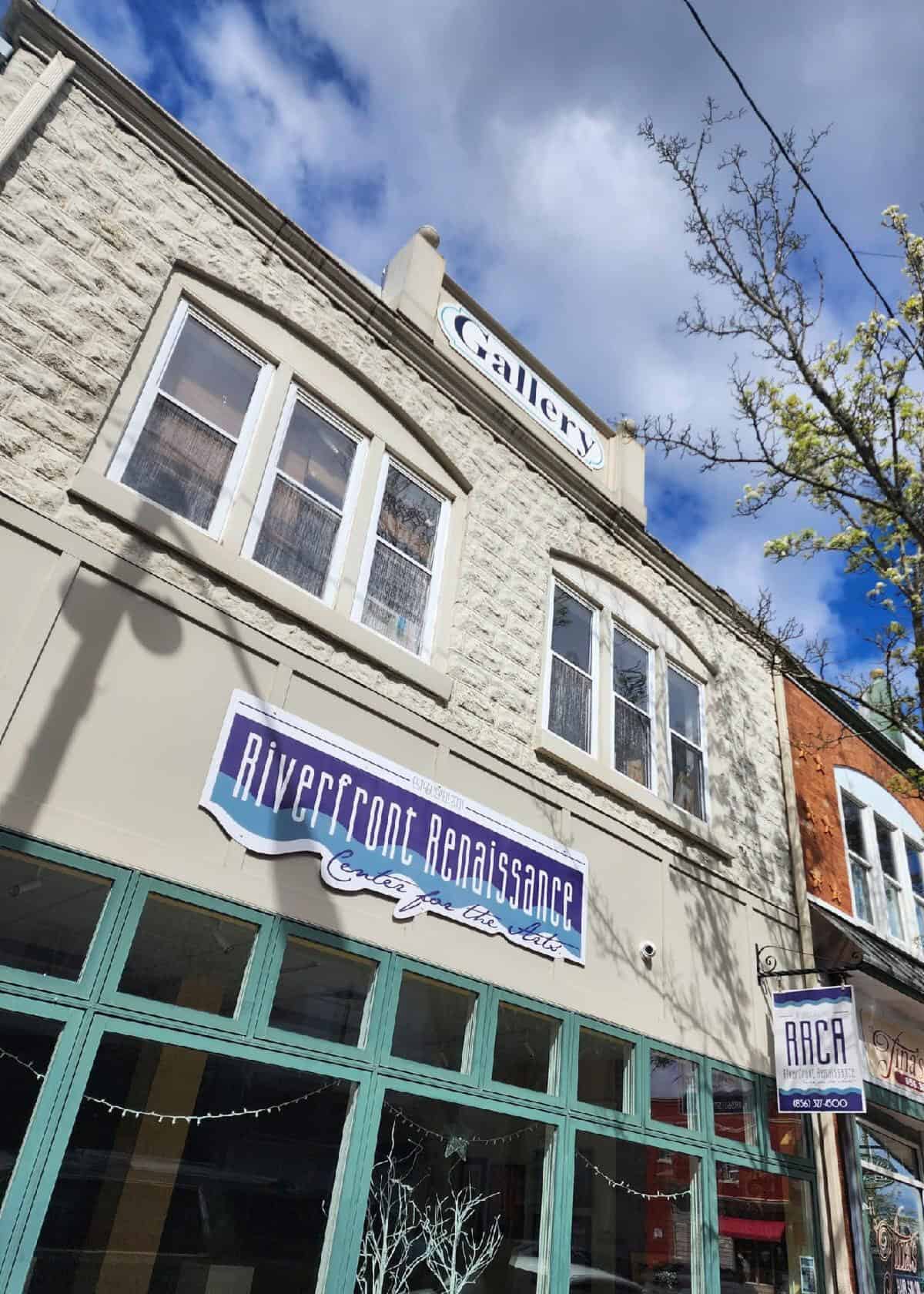Murphy Signs Law That Eliminates Skills Exam for NJ Teachers’ Certifications

This story is being republished under a special NJ News Commons content-sharing agreement related to COVID-19 coverage. Link to story: northjersey.com/story/news/new-jersey/2023/11/28/nj-teacher-shortage-certification-skills-exam-ends-bill/71732949007/
New Jersey took steps Monday to address its ongoing teacher shortage.
Gov. Phil Murphy signed a bill that is set to eliminate the skills test that is currently required for aspiring teaches to gain their certification.
The law would allow potential teachers who haven’t taken the Praxis test to get an alternative teaching certificate. After four years of working as a teacher at a public, charter or approved private school for students with disabilities, they would receive a standard teaching certificate.
Teaching candidates previously had to take the Praxis if they didn’t score in the top third on the SAT, ACT or GRE.
What did the NJEA say?
The state’s teachers’ union spoke out in favor of the new law. New Jersey Education Association President Sean Spiller, Vice President Steve Beatty and Secretary-Treasurer Petal Robertson said in a statement that this is a “good day for New Jersey students” because there is now “one less obstacle in the way of getting highly qualified educators into every New Jersey public school classroom.”
“At a time of acute educator shortages across the state, qualified candidates who have earned an accredited degree and successfully completed their student teaching should not be barred from our classrooms on the basis of a one-off standardized test that cannot effectively measure the knowledge or skills needed to be a great teacher,” they said.
Other bills addressing teacher shortage in motion: Other legislation aimed at addressing the teacher shortage is also making progress in Trenton. The Senate Education Committee cleared a bill that would establish a New Jersey Student Teacher Scholarship in the Higher Education Student Assistance Authority.
“In order for us to attract and retain a richer and deeper pool of qualified educators to teach our students and to maintain a high level of learning in our schools, we must do what we can to make the training process more affordable,” said state Sen. Vin Gopal, D-Monmouth. “One way we can do that is to make sure student teachers have the financial resources, a steady source of modest income, to help them to complete what they started.”
The program would provide $7,200 stipends to students completing their required student teaching with an advanced standing educator preparation program at a public institution of higher education.
Students would be eligible for the stipend for a maximum of two academic semesters. They would have to:
• be a United States citizen, a permanent resident alien or a student eligible to complete the New Jersey Alternative Financial Aid Application.
• be a resident of the state.
• be enrolled full time in an approved program of study.
• have completed any steps required by the approved program of study to be eligible to apply for clinical practice.
The bill would make the authority responsible for creating an application process for the program. It has the right to work with the Department of Education to establish additional eligibility requirements and minimum qualifications for the program. It will also have to collect data on the program annually.
The stipend can be canceled if a student is dismissed from school for academic or disciplinary reasons, is disqualified from employment by a school district due to the detection of criminal history record information under current law, or becomes ineligible to receive a certificate of eligibility with advanced standing for any other reason. It would also be terminated if the student withdraws due to illness, but the student would not be required to repay the stipend.
Remove one of those barriers: Among those on hand in Trenton to speak in support of the bill was Dennis Copeland, who has worked in public education in the state for more than three decades.
“One common theme for students considering entering the teaching profession at the college level is the student teaching requirement and the work and effort that goes into becoming a student teacher and the lack of financial reward during that time period,” he said, before noting that this will “remove one of those barriers and attract young students to the teaching profession.”
A second bill that was released from the committee would require the State Board of Education to allow for an alternative route to expedite the teacher certification process for people working as paraprofessionals.
The program would take the teaching candidate’s classroom experience into account, waive the grade point average requirement and require student teaching in the district where they work.
Both bills received unanimous support from the committee and have already passed the Assembly.








